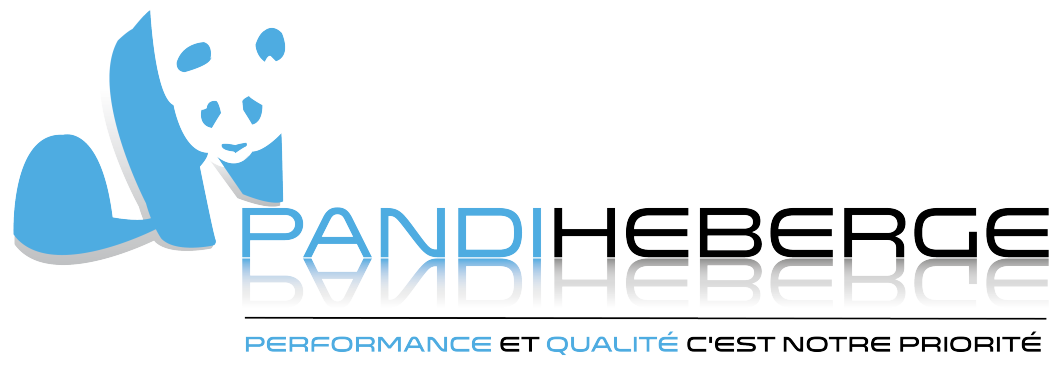Managing Website User Roles and Permissions with cPanel
Managing Website User Roles and Permissions to Ensure Security, Control Access to Sensitive Information, and Facilitate Collaboration
As experienced web professionals, you understand the critical importance of maintaining a secure and well-organized website. Effectively managing user access is paramount, especially for sites involving multiple collaborators or handling sensitive data. This is where using a web hosting control panel like cPanel becomes invaluable.
Understanding User Roles and Permissions
User roles and permissions form the backbone of a secure and well-structured website. They dictate who can access specific areas of your site and what actions they can perform. Here's a breakdown:
- User Roles: Roles, like 'administrator,' 'editor,' or 'contributor,' group users with similar responsibilities.
- Permissions: Permissions define the specific actions a user role can take. These could include editing content, installing plugins, accessing analytics, or managing other users.
How cPanel Simplifies User Management
cPanel provides intuitive tools that make defining and managing user roles and permissions straightforward, even for complex sites. Let's delve into some key features:
1. User Account Management:
- Creating Users: Easily add new users and assign them to predefined roles or create custom roles with specific permissions.
- Password Management: Enforce strong passwords and enable users to securely reset their passwords.
- Account Suspension: Temporarily disable access for specific accounts if needed.
2. Access Control:
- Directory Protection: Restrict access to sensitive directories using password protection.
- File Permissions: Control read, write, and execute permissions for files and folders, ensuring only authorized users have the appropriate access levels.
3. Email Account Management:
- Create email accounts for your domain and manage aliases and forward settings.
- Set up email filters for spam control and organization.
Best Practices for Secure User Management:
- Principle of Least Privilege: Grant only the necessary permissions for a user to perform their role.
- Strong Passwords: Enforce the use of strong, unique passwords for all accounts.
- Regular Audits: Regularly review user accounts and permissions, removing any unnecessary access.
- Two-Factor Authentication: Enable two-factor authentication for an extra layer of security, especially for administrative accounts.
Leveraging cPanel for Enhanced Collaboration
Beyond security, cPanel promotes efficient collaboration:
- Delegated Responsibilities: Assign specific website management tasks to different team members without granting full administrative access.
- Centralized Control: cPanel acts as a central hub for managing all user-related aspects of your website.
By mastering cPanel's user management features, you can establish a secure, organized, and collaborative online environment, giving you greater control over your website and peace of mind.
















